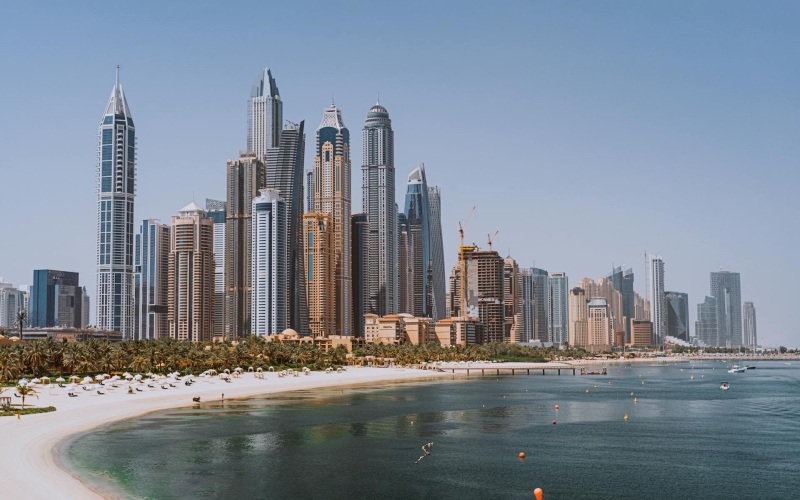Environmental, Social, and Governance (ESG) considerations are rapidly gaining traction across the Middle East, with the United Arab Emirates (UAE) emerging as a sustainability leader. Financial expert Farnoush Farsiar emphasizes the critical role ESG plays in the region’s long-term success.
The Growing Focus on ESG in the Middle East
Companies across the Middle East are demonstrating a strong commitment to environmental responsibility and sustainable practices. This is evident through increased transparency in environmental reporting and the implementation of systematic ESG initiatives. Furthermore, companies are establishing dedicated sustainability roles within their organizations, demonstrating a long-term commitment to ESG integration. This shift in corporate culture reflects growing awareness of the environmental and social impacts of business operations, alongside the increasing pressure from stakeholders and investors who demand responsible business practices.
2023 ESG Trends in the Middle East
PwC’s 2023 ESG report for the Middle East reveals significant progress, particularly regarding environmental considerations (the “E” in ESG). The report highlights companies’ continuous efforts to integrate sustainability into their strategies and daily operations.
The following key findings are revealed in the report:
- Strategy and Implementation: A substantial 64% of surveyed companies have adopted a formal ESG strategy, indicating a significant decline in businesses lacking a structured plan compared to the previous year.
- Leadership Focus: Over 60% of businesses advocate for increased leadership focus on ESG issues. Risk management, compliance, and adopting a circular economy are top priorities.
- Sustainable Finance: While only 13% of businesses currently leverage sustainable financing options, a green skills gap remains a challenge.
- Net Zero Commitments: A significant 73% of respondents have committed to carbon neutrality or are actively working towards it.
- Investor Expectations: Two-thirds of respondents urge their CEOs and boards to dedicate more time to ESG matters.
The UAE: A Sustainability Frontrunner
The Middle East’s commitment to sustainability is further solidified by the UAE’s successful hosting of the UN Climate Change Conference (COP28) in 2023. This follows Egypt’s impactful hosting of COP27 in 2022. The UAE, alongside other regional countries, has pledged significant investments towards an energy transition aligned with Net Zero goals.
Economic diversification beyond oil is another key aspect. The UAE, like other Middle Eastern countries, is actively attracting investments in non-oil sectors like tourism and healthcare. This aligns perfectly with the growing demand from institutional investors seeking to expand their sustainable portfolios.
Historically, the “G” in ESG held more significance for regional investors focused on excluding alcohol, gambling, and tobacco. However, Farnoush Farsiar emphasizes the growing importance of the entire ESG spectrum for both domestic and international investors in the Middle East.
ESG Regulations in the UAE
The UAE’s stock exchanges play a leading role in driving ESG adoption. As members of the UN’s Sustainable Stock Exchanges (SSE) initiative, they actively promote ESG reporting among listed companies.
Financial expert Farnoush Farsiar elaborates: “The Dubai Financial Market (DFM) has taken a particularly ambitious approach. The DFM launched its 2025 Sustainability Strategic Plan to promote ESG best practices among listed companies and become the region’s leading sustainable financial market.”
Listed public joint stock companies on the Abu Dhabi Securities Exchange (ADX) and Dubai Financial Market (DFM) are obliged to publish a sustainability report annually. This report outlines their long-term strategy and impact on ESG and the wider economy. These firms must also comply with the Global Reporting Initiative (GRI) standards and the United Nations Sustainable Stock Exchanges Initiative (SSE) guidelines. This ensures consistency, transparency, and comparability of ESG reporting across companies.
Farnoush Farsiar’s Concluding Remarks
Farnoush Farsiar concludes, “The UAE’s proactive approach towards ESG integration, coupled with its successful hosting of COP28, positions the country as a frontrunner in the region’s sustainability journey. As companies prioritize ESG factors and regulatory frameworks evolve, the UAE’s financial landscape is poised for significant transformation in the years to come.”

